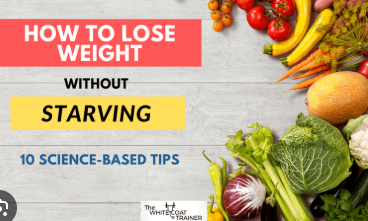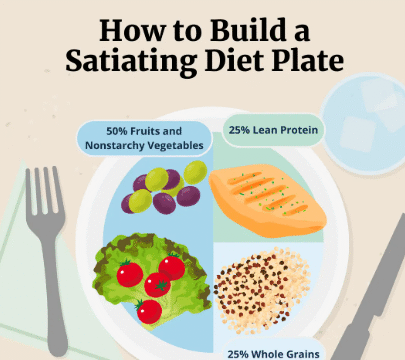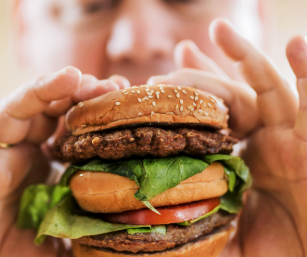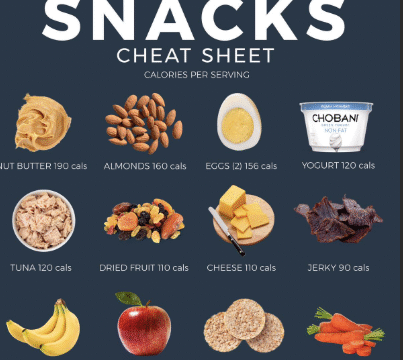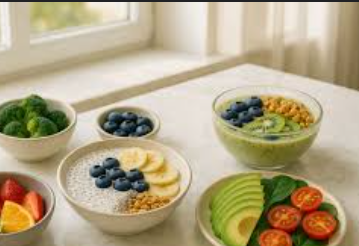Not all foods support weight management equally.
Some provide long-lasting energy and satiety, while others are low in nutrients and can encourage overeating.
Here’s a ranking of common foods—from the best options to those you may want to limit—based on their impact on fullness, nutrition, and overall balance.
🥇 Best Foods for Weight Loss
1. Vegetables
Leafy greens, broccoli, zucchini, and peppers are low in calories but high in fiber and nutrients. They fill your plate without adding excess energy.
2. Lean Proteins
Chicken breast, fish, tofu, beans, and eggs help you stay full, maintain muscle, and support a healthy metabolism.
3. Whole Grains
Brown rice, quinoa, oats, and barley digest more slowly than refined grains, preventing spikes and crashes in blood sugar.
4. Fruits
Berries, apples, and citrus fruits offer natural sweetness with fiber, vitamins, and antioxidants. They satisfy cravings in a healthier way than desserts.
5. Healthy Fats
Avocados, nuts, seeds, and olive oil provide satiety and support nutrient absorption. Portion control matters since they’re calorie-dense.
⚖️ Foods in the Middle
6. Starchy Foods
Potatoes, corn, and whole-grain pasta can be part of a balanced diet, but portion size is key. They’re filling but higher in calories compared to non-starchy veggies.
7. Dairy Products
Yogurt, cheese, and milk can offer protein and calcium, but flavored or sweetened versions may add extra sugar. Choose plain or lightly processed options when possible.
🚫 Foods to Limit
8. Highly Processed Snacks
Chips, candy, and pastries are engineered for taste but often lack fiber and protein, leading to quick hunger.
9. Sugary Drinks
Sodas, sweetened teas, and energy drinks add calories without satiety. Water, sparkling water, or unsweetened tea are better choices.
10. Refined Carbohydrates
White bread, instant noodles, and sugary cereals digest quickly, leaving you hungry again soon after eating.
Final Thoughts
Weight loss isn’t about perfection—it’s about balance. The best foods for weight management are those rich in nutrients, fiber, and protein, while the worst options are usually those high in sugar and refined ingredients. By focusing on whole, minimally processed foods most of the time, you’ll be supporting a healthier lifestyle that’s easier to sustain long term.

